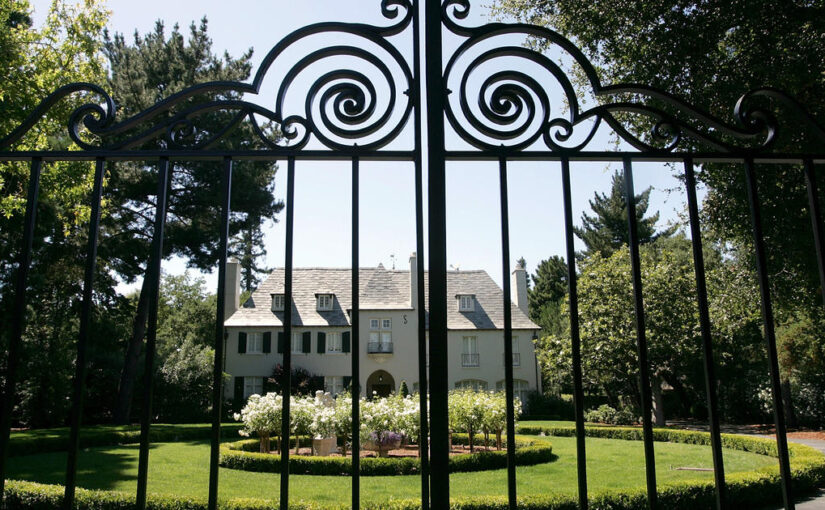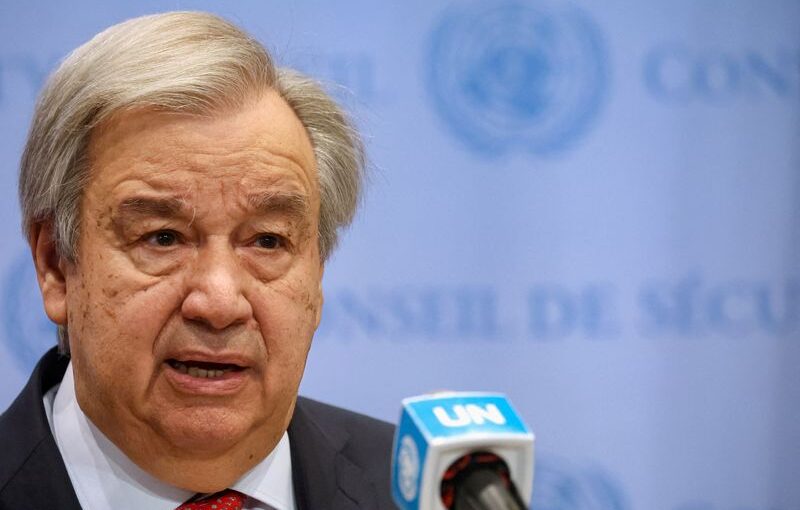
ATLANTA — Georgia could join other states in requiring children younger than 16 to have their parents’ explicit permission to create social media accounts.
Lawmakers on Friday gave final approval to Senate Bill 351, which also would ban social media use on school devices and internet services, require porn sites to verify users are 18 or over and mandate additional education by schools on social media and internet use. The House passed the measure 120-45 and the Senate approved it 48-7.
The bill, which Republican Sen. Jason Anavitarte of Dallas called “transformative,” now goes to Gov. Brian Kemp for his signature or veto.
A number of other states including Louisiana, Arkansas, Texas and Utah passed laws last year requiring parental consent for children to use social media. In Arkansas, a federal judge in August blocked enforcement of a law requiring parental consent for minors to create new social media accounts.
Some in Congress also are proposing parental consent for minors.
State Rep. Scott Hilton, a Peachtree Corners Republican, argued the state should do more to limit social media use by children, saying it’s causing harm.
“Every rose has a thorn, and that’s social media in this generation,” Hilton said. “It’s great for connectivity and activism, but it has reared its ugly head on mental health.”
But opponents warned the bill would cause problems. For example, Rep. David Wilkerson, a Powder Springs Democrat, said that the ban on use of social media in schools could ban teachers from showing educationally valuable YouTube videos.
“If we do pass this, we’ll be back fixing this next year, because there are too many issues with this bill,” Wilkerson said.
The bill says social media services would have to use “commercially reasonable efforts” to verify someone’s age by July 1, 2025.
Services would have to treat anyone who can’t be verified as a minor. Parents of children younger than 16 would have to consent to their children joining a service. Social medial companies would be limited in how they could customize ads for children younger than 16 and how much information they could collect on those children.
To comply with federal regulation, social media companies already ban kids under 13 from signing up to their platforms, but children have been shown to easily evade the bans.
Up to 95% of teens aged 13 to 17 report using a social media platform, with more than a third saying they use them “almost constantly,” the Pew Research Center found.
The Georgia bill also aims to shut down porn sites by requiring submission of a digitized identification card or some other government-issued identification. Companies could be held liable if minors were found to access the sites, and could face fines of up to $10,000.
“It will protect our children,” said Rep. Rick Jasperse, a Jasper Republican who argues age verification will lead porn sites to cut off access to Georgians. In March, the 5th U.S. Circuit Court of Appeals upheld a Texas law, leading Pornhub to cut off access to Texans.
The Free Speech Coalition, which represents adult film makers, says the bill would be ineffective because users could mask their location and because people would be forced to transmit sensitive information. They also argue it’s unconstitutional because there are less restrictive ways to keep children out and discriminate against certain types of speech. The coalition has sued multiple states over the laws.
The ban on school social media excludes email, news, gaming, online shopping, photograph editing and academic sites. The measure also requires a model program on the effects of social media and for students in grades 6-12, and requires existing anti-bullying programs to be updated.
The move comes after U.S. Surgeon General Vivek Murthy warned in May that social media hasn’t been proven to be safe for young people.
Murthy called on tech companies, parents and caregivers to take “immediate action to protect kids now” and asked tech companies to share data and increase transparency and for policymakers to regulate social media for safety the way they do car seats and baby formula.
Meta, the parent of Facebook and Instragram, announced in 2022 it was taking steps to verify ages. Meta says it provides “age-appropriate experiences” for teens 13-17 on Instagram, including preventing unwanted contact from unknown adults.
Dozens of U.S. states, including California and New York, also are suing Meta Platforms Inc., claiming the company harms young people and contributes to a youth mental health crisis by knowingly and deliberately designing features on Instagram and Facebook that addict children to its platforms.
Florida recently passed a law banning social media accounts for children under 14 regardless of parental consent and require parental permission for 14- and 15-year-olds.



